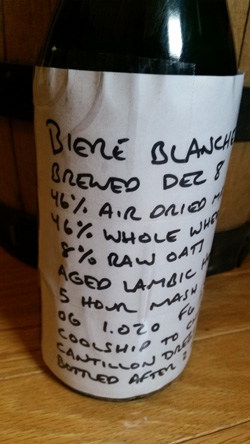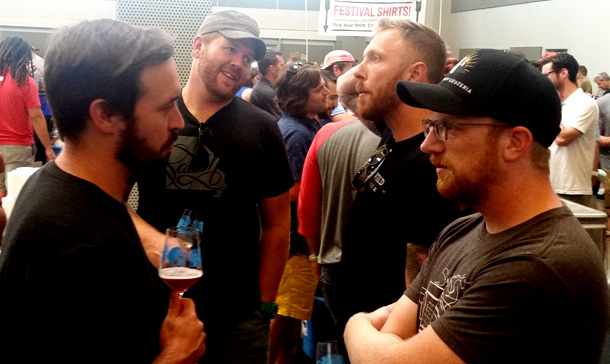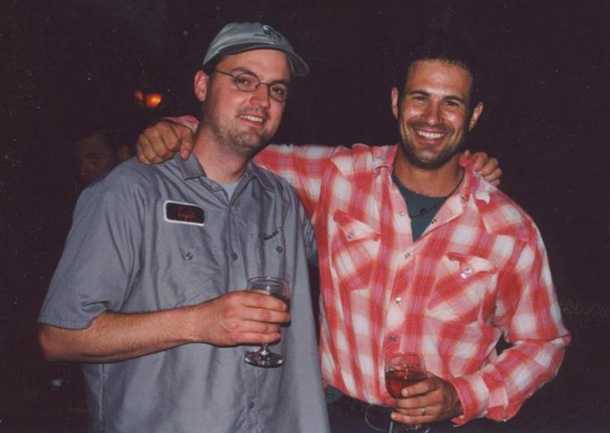MONDAY BEER AND WINE LINKS, MUSING, 05.29.17
It’s Memorial Day in America, so time to crank up James McMurtry and choose you beer wisely.
Local Brewers Defy the Lily-White Craft Beer Scene.
Cultivating Black Brew Culture Through Hip-Hop.
– This, “On May 12, a diverse crowd of around 100 people gather in Goodyear Arts for an exhibit called Mood: BLACK featuring visual art, live music and free drinks. In a back corner, folks gather around a table to try cups of Dat Dere or the Stokely Stout, two beers from Black Star Line Brewing, a black-owned brewing company based in Hendersonville.
“Cut ahead by a few hours, on the afternoon of May 13, as people pour into a block on Louise Avenue for the opening of a new Catawba Brewing Co. location in the Belmont neighborhood between Plaza Midwood and NoDa. . . . While everyone seems to be enjoying themselves at each scene, there’s one striking difference between the two: despite Catawba’s location in a historically black neighborhood, there’s not a single black person to be seen among the hundreds of people there at around 5 p.m.”
– And this, “So what can Charlotte’s current brewery owners and regular patrons do to help change these preconceived cultural notions attached to Charlotte’s brewery culture? How can they help both budding and long-time black beer enthusiasts see breweries as a space of true leisure and relaxation for all?”
 The most interesting beer (not just in a freak of nature way) I’ve tasted so far this year was Biere Blanche du Louvain from Zebulon Artisan Ales outside of Asheville, N.C. It wasn’t from a full-size batch nor was it packaged, so not a commercial release. But Mike Karnowski sent a couple of bottles, because he used
The most interesting beer (not just in a freak of nature way) I’ve tasted so far this year was Biere Blanche du Louvain from Zebulon Artisan Ales outside of Asheville, N.C. It wasn’t from a full-size batch nor was it packaged, so not a commercial release. But Mike Karnowski sent a couple of bottles, because he used 
